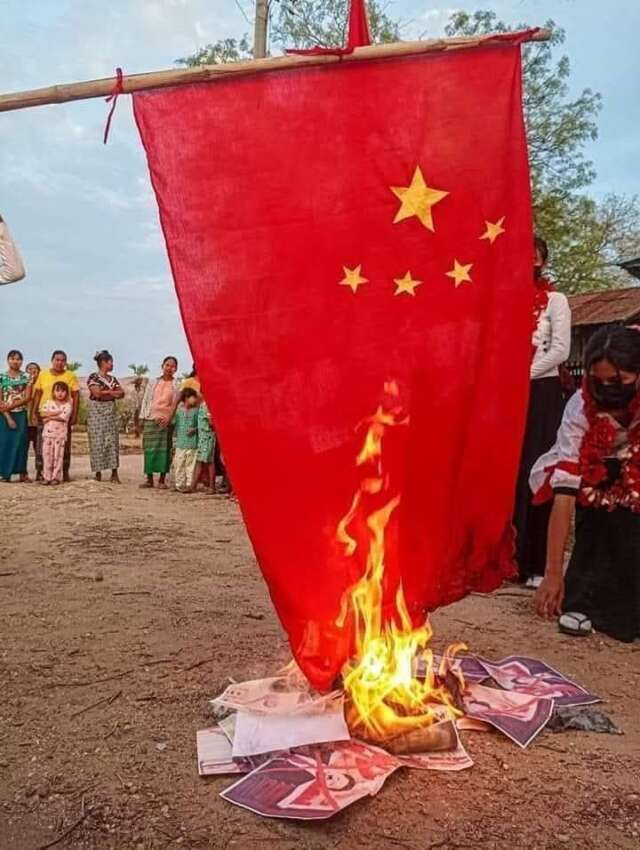
The Special Advisory Council for Myanmar (SAC-M) has highlighted that while China repeatedly claims to maintain a policy of non-interference in Myanmar’s affairs, its involvement in northern Shan State is actually undermining peace and stability in Myanmar. The council noted that China’s actions are primarily focused on its own interests, showing little consideration for the welfare of the Myanmar people. This intervention comes at a critical time when Myanmar’s stability hangs in the balance.
Lashio, which hosts the military’s Northeast Command headquarters, was captured in August 2024 through a coordinated offensive by the Myanmar National Democratic Alliance Army (MNDAA), Burma People’s Liberation Army (BPLA), and People’s Liberation Army (PLA). While this victory came at a significant cost to revolutionary forces, it represented one of the most devastating military defeats in the history of the Myanmar military. The strategic significance of this capture cannot be understated, as it demonstrated the growing capabilities of resistance forces.
However, under intense pressure from the Chinese government, the MNDAA agreed to withdraw from Lashio. This withdrawal effectively nullified the sacrifices of hundreds of revolutionary fighters who gave their lives for the city’s liberation. The battle for Lashio resulted in at least 500 casualties among revolutionary forces, with another 1,000 wounded. The SAC-M has characterized this withdrawal as a betrayal of these sacrifices, highlighting the complex dynamics between regional powers and local resistance movements.
Lashio’s strategic importance stems from its position as a hub for international trade routes, Chinese-backed infrastructure projects, and numerous military installations and urban centers. The SAC-M has criticized China’s military support for the military council and direct interference in Myanmar’s affairs as a misguided investment. Furthermore, the council emphasizes that China’s interventions not only prolong the suffering of Myanmar’s people but also delay the achievement of genuine peace. This assessment underscores the broader implications of foreign interference in Myanmar’s internal conflict, particularly how external actors’ involvement can complicate the path to resolution and sustainable peace.



